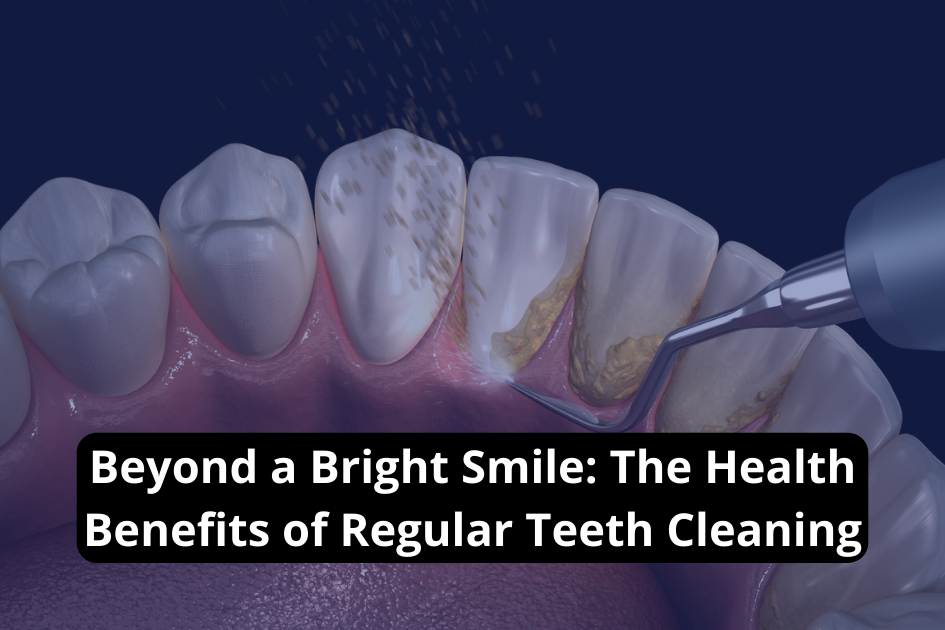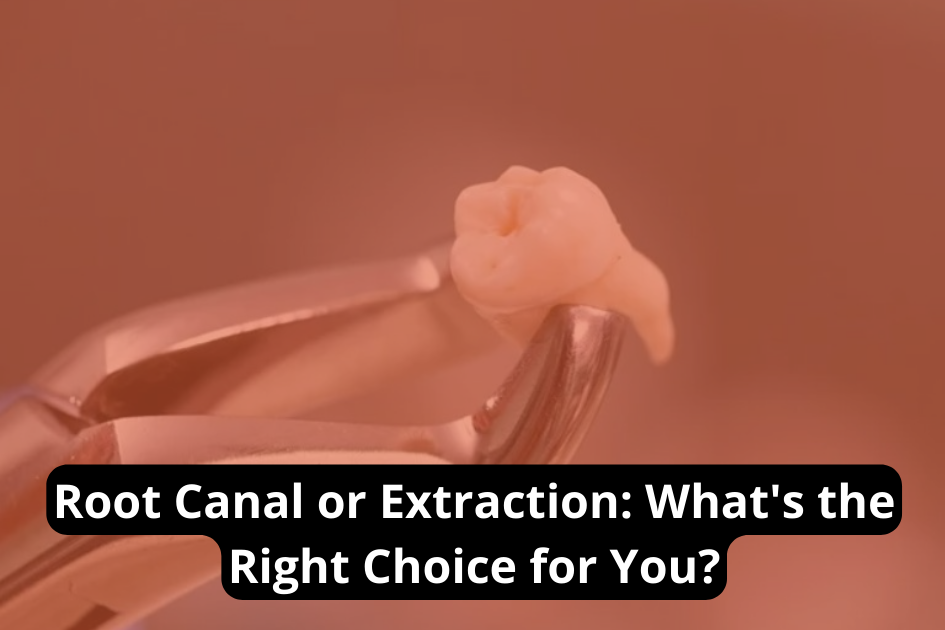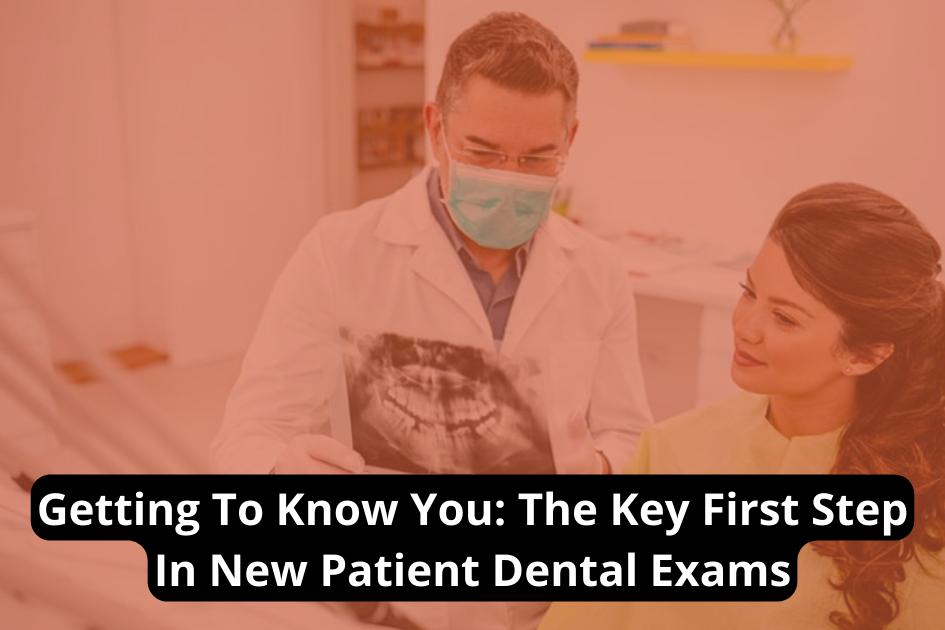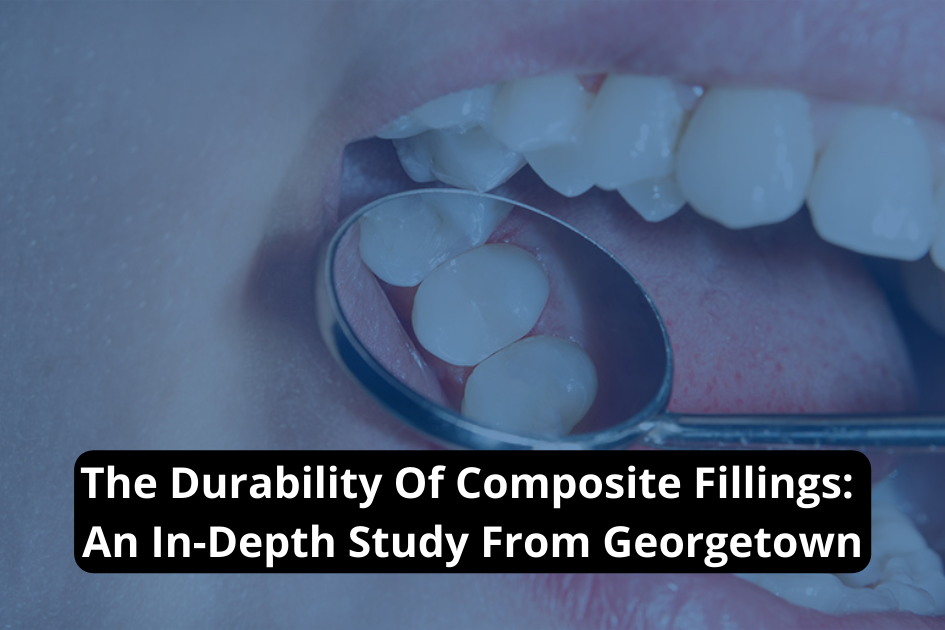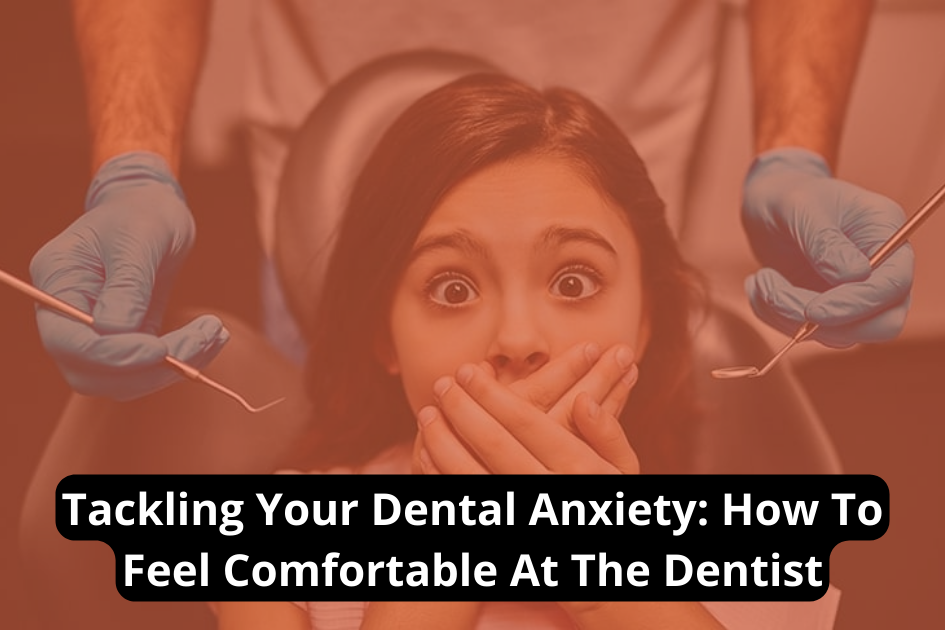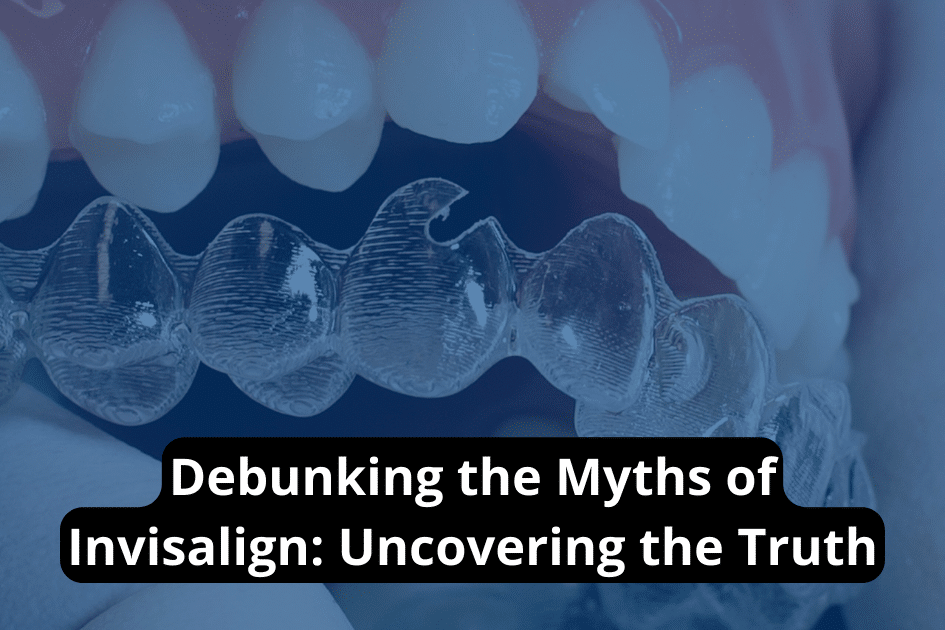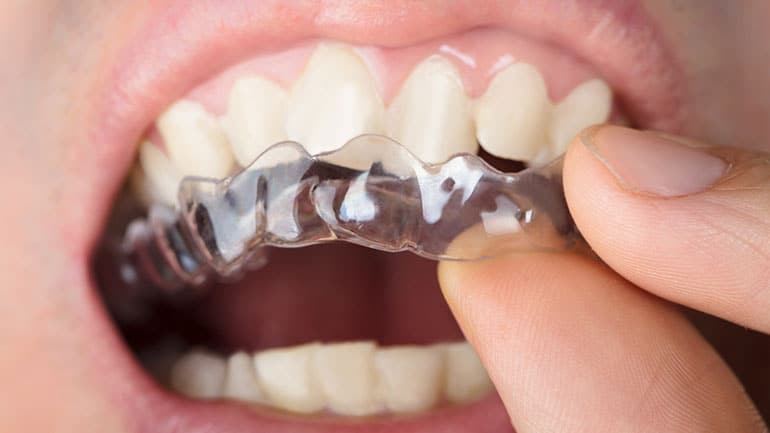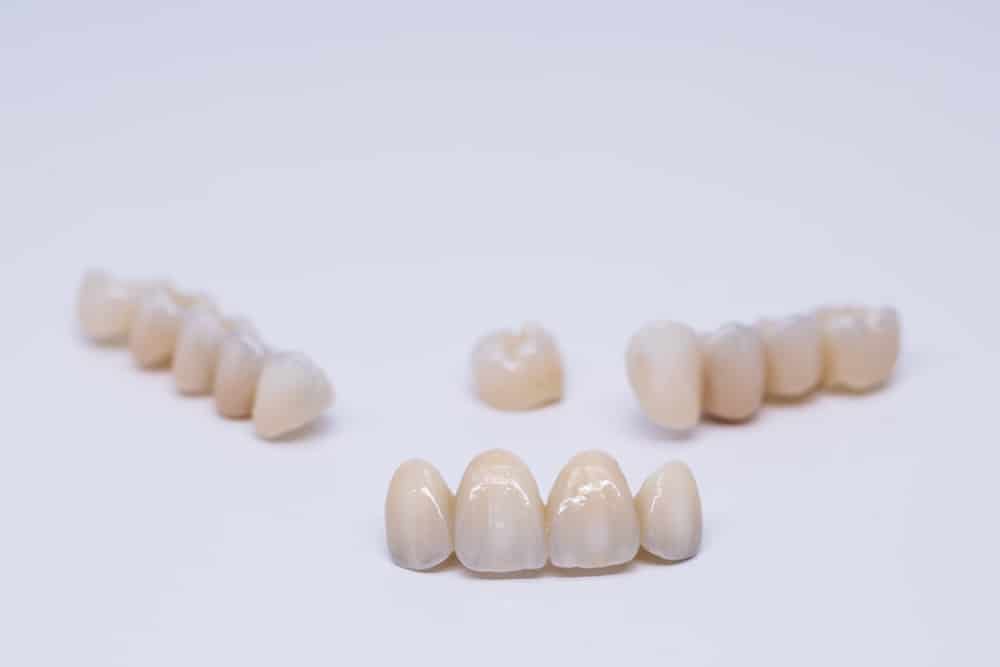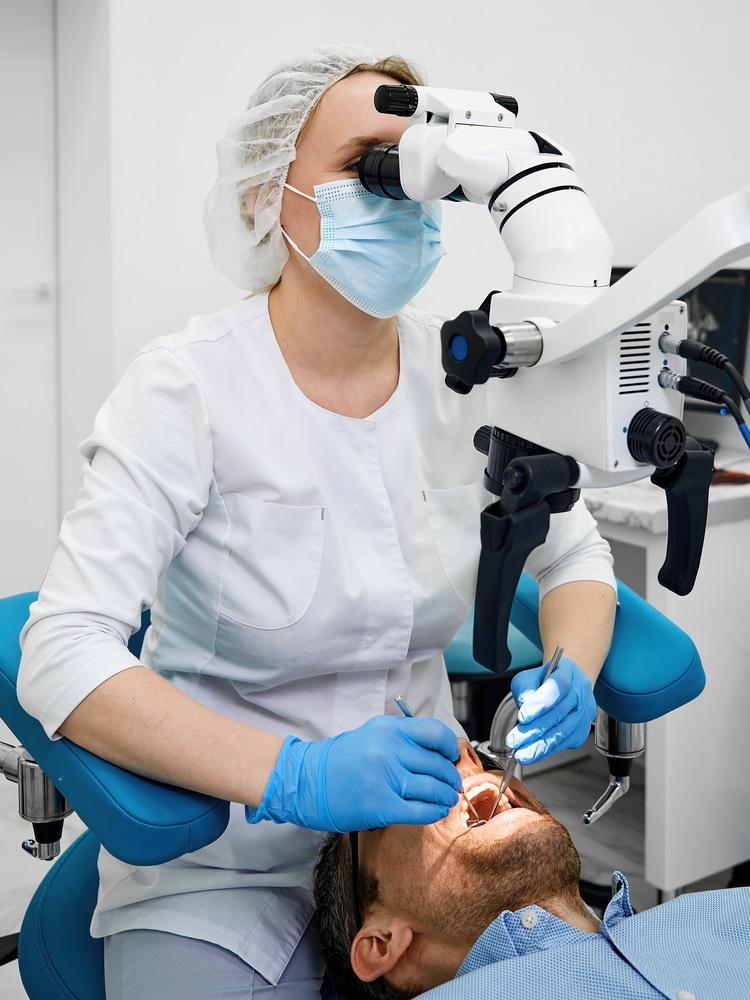The subject matter of teeth whitening is illuminated, focusing on professional dentist-administered procedures contrasted against do-it-yourself methods. The science behind various techniques is unpacked, with a thorough examination of over-the-counter products and a comparison of their longevity and effectiveness.
With a focus on the safety and customization benefits that are exclusively available through professional services, a nuanced perspective on this cosmetic procedure is provided. The goal is to deliver thorough information that assists readers in making a well-informed decision about their journey towards a brighter smile.
Understanding the Basics of Teeth Whitening
Comprehending the rudiments of teeth whitening involves acknowledging its advantages such as improved smile aesthetics and better oral health, along with potential considerations including temporary sensitivity and limited effect on dental restorations. This non-invasive approach can offer swift and efficient outcomes, elevating self-assurance by illuminating one’s smile. However, it is crucial to remember that these outcomes are not everlasting and may be affected by personal habits such as dietary choices and tobacco consumption.
A variety of professional procedures are available for teeth whitening including in-office bleaching using hydrogen peroxide or carbamide peroxide, custom-made take-home whitening trays, and laser or light-activated techniques. These methods provide faster, more discernible results under the vigilance of a dentist ensuring safety and efficacy.
On the other hand, retail products may be more economical but produce limited results. DIY methods also carry greater risks of tooth sensitivity or damage due to incorrect use. Preserving the brightness of whitened teeth necessitates a consistent oral care regimen that includes brushing, flossing, and avoiding substances that stain, such as coffee or tobacco. Regular dental cleanings and touch-up treatments suggested by a dentist can prolong the duration of the whitening results.
The Science Behind Professional Teeth Whitening Services
The effectiveness of professional teeth whitening treatments is grounded in the scientific principles and methods they utilize. These procedures depend on powerful bleaching agents, typically carbamide peroxide or hydrogen peroxide. These agents start an oxidation process that disintegrates chromogenic molecules responsible for discoloration. This mechanism is far more potent than those found in over-the-counter products because of the elevated concentration of active ingredients.
In-office methods often include light-activated technology, such as lasers or LED lights, to speed up the whitening process. The light energy is soaked up by the bleaching agent, leading it to release more oxygen radicals and speeding up stain removal.
Also, dental professionals possess extensive knowledge about oral health and pathology. This knowledge allows them to establish appropriate treatment parameters for each patient. Factors such as tooth sensitivity and enamel thickness are considered. They are also able to implement protective measures like gingival barriers during treatment to prevent soft tissue irritation.
Over the Counter Products: What They Offer and What They Lack
Over-the-counter teeth brightening products, although convenient and cost-effective, often fail to deliver the strength and precision of professional methods. They come in a variety of forms such as toothpastes, mouthwashes, strips, gels and trays, with the main active ingredient being either hydrogen peroxide or carbamide peroxide. However, these are at lower concentrations than those utilized by dental professionals.
The potency of these solutions may be restricted due to a few factors. The diluted concentration of whitening agents might result in less noticeable results or necessitate extended usage times to attain the desired brightness. The generic design of these products could lead to inconsistent application and, as a result, uneven whitening. Without the guidance of a professional, there’s a heightened risk of gum irritation or enamel damage.
Furthermore, over-the-counter solutions aren’t designed to tackle intrinsic stains caused by age or certain medications. Professional treatments use potent bleaching agents and custom-fit applicators to ensure uniform coverage and superior results, while minimizing potential risks.
To summarize, while over-the-counter teeth brightening products offer easy access and affordability, they cannot compete with the effectiveness or safety provided by procedures administered by a dentist.
Comparing Results: Longevity and Effectiveness of Both Methods
An examination of longevity and effectiveness uncovers profound differences between professional teeth brightening procedures and over-the-counter products. This difference can be traced back to three essential factors:
1. Concentration of Whitening Agents: Professional procedures employ high-concentration bleaching gels that are significantly more potent than the diluted solutions available in over-the-counter options.
2. Application Methodology: Dental professionals employ custom-made trays or laser technology, which guarantees uniform application and optimal outcomes. In contrast, over-the-counter products often provide generic solutions that lack this precision.
3. Monitoring and Safety Measures: Treatment under a trained professional incorporates monitoring for adverse reactions, thereby improving both safety and efficacy.
Studies indicate that procedures administered by dentists result in noticeable whitening after just one session, with effects enduring for up to three years subject to oral hygiene practices and dietary habits. On the flip side, over-the-counter products might necessitate several weeks of use before visible results are seen, usually fading within six months.
While personal preferences may influence choice, the data affirms that professionally administered teeth whitening delivers superior results in terms of both longevity and aesthetic enhancement. Hence, understanding these differences is vital when weighing teeth brightening options.
Safety and Customization: The Undeniable Benefits of Professional Teeth Whitening
Safety and customization are distinct benefits associated with professional teeth whitening procedures, providing an unmatched degree of precision and comfort that self-administered methods often lack. The use of carefully measured bleaching agents by skilled dental practitioners reduces the possibility of gum irritation or enamel damage, thus assuring a safe procedure and optimal outcomes.
Customization stands out as another critical benefit. Professional whitening supervised by a dentist involves the fabrication of custom trays, specifically made to conform to each patient’s individual dental structure. This method ensures an even application of the whitening compound on all tooth surfaces, preventing possible uneven coloration.
Professional treatments can also tackle intrinsic stains—discolorations originating from within a tooth—that over-the-counter products typically struggle to manage. Consequently, professional teeth whitening services deliver a higher level of effectiveness compared to DIY alternatives.
In essence, while DIY methods may appear cost-effective initially, their restricted efficacy and increased potential risks highlight the advantages of professional teeth whitening procedures. It is clear then, that the safety and customization offered by professionally administered treatment play a significant role in its overall superiority over DIY solutions.
Making an Informed Choice: The Best Path to a Brighter Smile
Choosing wisely necessitates a thorough grasp of the different teeth brightening methods available, their efficacy, possible risks, and long-term maintenance obligations. Recognizing the difference between professional dental procedures and do-it-yourself (DIY) home remedies is crucial.
Professional whitening treatments in a dental office provide immediate results in just one visit. These treatments are typically safe, as they are performed under the watchful eye of skilled professionals who can reduce the likelihood of potential side effects such as tooth sensitivity and gum irritation.
Conversely, over-the-counter products or natural remedies may require more time to deliver results and may carry higher risks due to incorrect application or misuse.
To maintain whitened teeth over the long term, consistent oral hygiene practices are required. These include brushing twice a day with a fluoride toothpaste, regular flossing, avoiding foods and beverages that cause stains, scheduling regular dental cleanings, and opting for touch-up treatments when needed.
1. Quick results can be achieved with in-office bleaching.
2. Over-the-counter solutions necessitate cautious usage.
3. Treatment outcomes can be preserved with regular oral hygiene.
While DIY solutions might seem to be a convenient or cost-effective choice initially, whitening systems administered by dentists ensure safety and efficient results, making them a superior choice for achieving a brighter smile sooner rather than later.
Conclusion
Dentist-administered whitening treatments, like those at Family Dental Teravista in Georgetown, TX, undeniably outshine DIY methods. With advantages in safety, personalization, longevity, and overall results, professional teeth whitening stands out. Not only does it offer immediate, noticeable outcomes, but it also ensures minimal risk to your teeth. If you’re aiming for a dazzling smile without compromising your oral health, choose the expertise at Family Dental Teravista. Schedule your appointment with us today!

